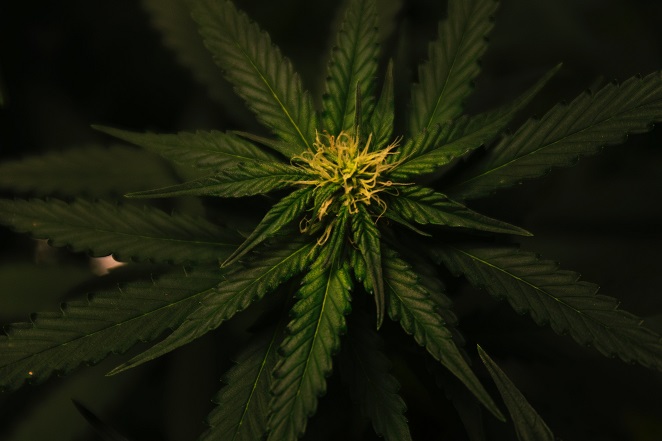Medical cannabis could help those suffering from PTSD get a better night’s sleep.
Medical cannabis is being widely used by PTSD patients to manage their symptoms. Sleep disturbance is a common symptom among those with PTSD. 80-90% of PTSD patients struggle with sleep disturbances, which can range from nightmares, multiple awakenings in the night, and insomnia. Medical cannabis may be improving sleep symptoms.
Up to 50-70% suffer from recurring nightmares. While 9 in 10 people with PTSD suffer from insomnia. A partial cause is hyperarousal, the inability to relax. This can be a lingering side effect of being in prior situations requiring increased attention at night. Earlier data stated increased sleep disturbances were tied to worsened symptoms of PTSD. Patients typically experienced stage one light sleep and less restorative slow-wave sleep.
Previous researchers found that overlapping brain regions were tied to both PTSD and sleep disturbances. The overlapping is most likely the cause of the patients revisiting traumatic events leading to nightmares, insomnia, and staying in a state of hyperarousal.
“Individuals with PTSD have a faster heart rate while sleeping, indicating an enhanced fight-or-flight response that maintains the body in a permanent state of hypervigilance.” Loss of sleep can undermine coping strategies and cause extreme anxiety. Ultimately sleep disturbance can lead to the inability to function, heightened risks of suicidal ideation, and self-injury. Finding treatment for sleep disturbances will greatly help decrease the impact of PTSD.

Five researchers in Israel came together to see if medical cannabis could remedy sleep disturbances. Every morning for two weeks, 77 licensed PTSD patients gave information regarding the time they used medical cannabis the night before and any sleep disturbances that occurred. The average age of participants was 40, and 56% of them were male; 82% of them had licenses for PTSD. Some obtained licenses for other symptoms outside of sleep disturbances, 14% for chronic pain, 2.6% for gastrointestinal diseases, and 1.3% had other conditions. The study heavily focused on the time gap between the use of medical cannabis and the start of sleep. They recorded the number of awakenings if the patient had nightmares and early awakenings with the inability to fall back asleep.
Results soon revealed that there was a shorter time gap between the time of cannabis use and the time of sleep. This was directly associated with a lower probability of nightmares. However, medical cannabis use did not improve early morning or nightly awakenings. It was improving sleep but only somewhat.
Researchers currently have little data to fully understand the effects medical cannabis use can have on PTSD symptoms and sleep regulation. Further research is needed as there are no long-term studies previously conducted. The researchers stated, “Cannabis and its constituent parts, THC and CBD, interact with the endocannabinoid system and sleep regulation in important ways. This may be the mechanism by which medical cannabis is related to improvements in both nighttime and daytime PTSD symptoms.” Hopefully, this is the beginning of finding a solution to an ongoing problem for those struggling post-trauma.
Sources:
PTSD and Sleep: Sleep Foundation
Disturbed Sleep in PTSD: Thinking Beyond Nightmares
Medical cannabis helps improve sleep in patients with PTSD-study


Join the conversation!